
Exciting new series on “Voice, Body and Movement for Lawyers – How to connect with the jury and find Justice Through Dramatic Technique!”
Click here to find out more
The myth has been dispelled: attorneys are not perfect. Sometimes we take on clients we later regret; sometimes we make errors in handling a client matter. Neither are situations any lawyer wants to be in, but since they most likely will happen to you at least once, it’s important to know what you can do, as well as what you are required to do.
In this 60-minute video webcast, two professional responsibility lawyers will dig into these two distinct, but compatible issues. Learn about how to avoid “unworthy” clients and how to communicate about and address the mistakes you make for the clients you do take on.
Presenters will discuss a number of the ABA Model Rules of Professional Conduct, including 1.1, 1.2, 1.3, 1.4, 1.8, and 1.16.
LEARNING OBJECTIVES:
There are two kinds of “bad” every lawyer wants to avoid: making a mistake that impacts a client, and having a “nightmare” client. Be better prepared when “bad” happens to you! This webcast explores:
• appropriate steps to ensure you don’t take on “bad” clients (Model Rules 1.2, 1.16)
• the kinds of ethical infractions that become more likely with problematic clients
• the scope of the duty to communicate with clients under Model Rule 1.4
• what it means when a lawyer comes to realize that he or she may have made a misstep in handling a matter (Model Rule 1.8)
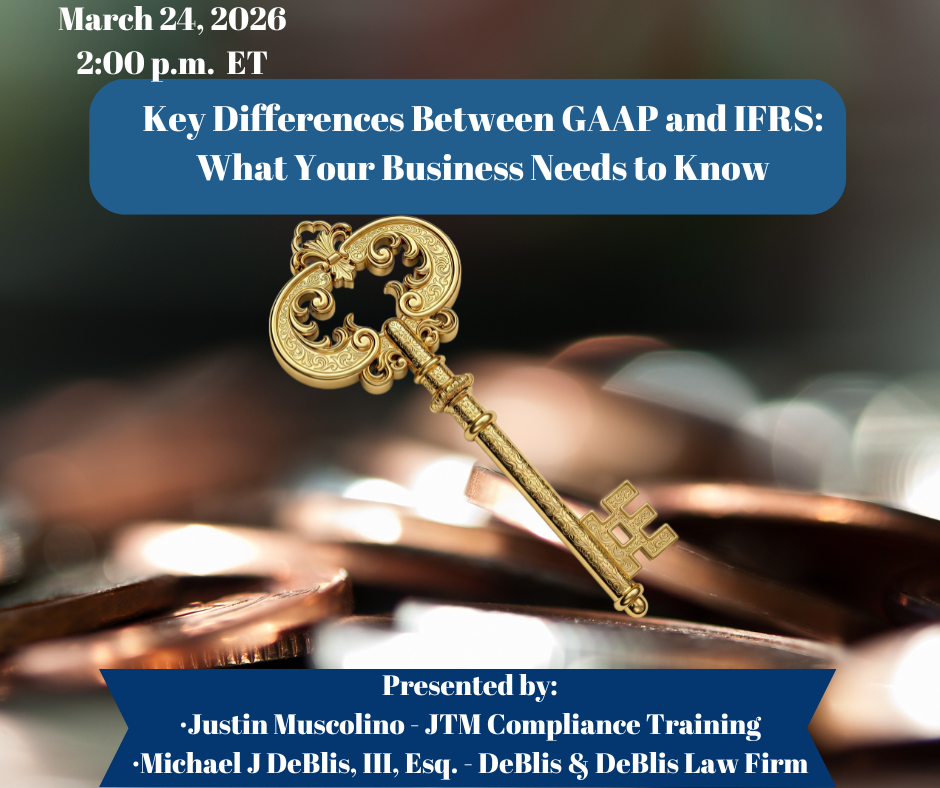
This session highlights the legal and compliance implications of divergences between GAAP and IFRS. ...
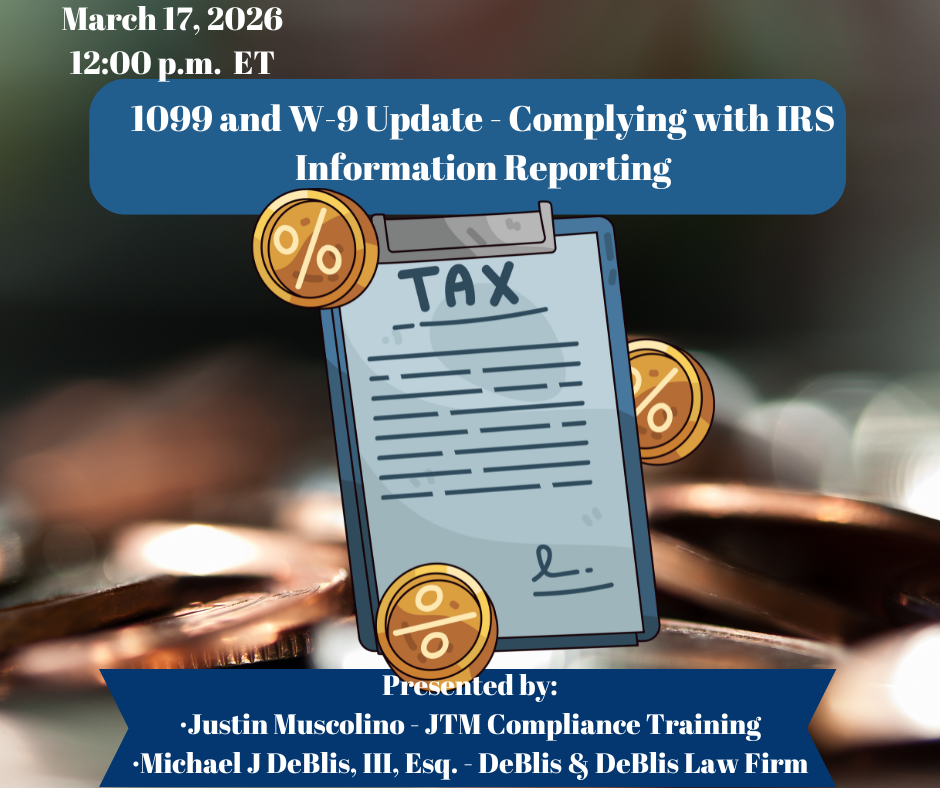
This CLE program covers the most recent changes affecting IRS information reporting, with emphasis o...
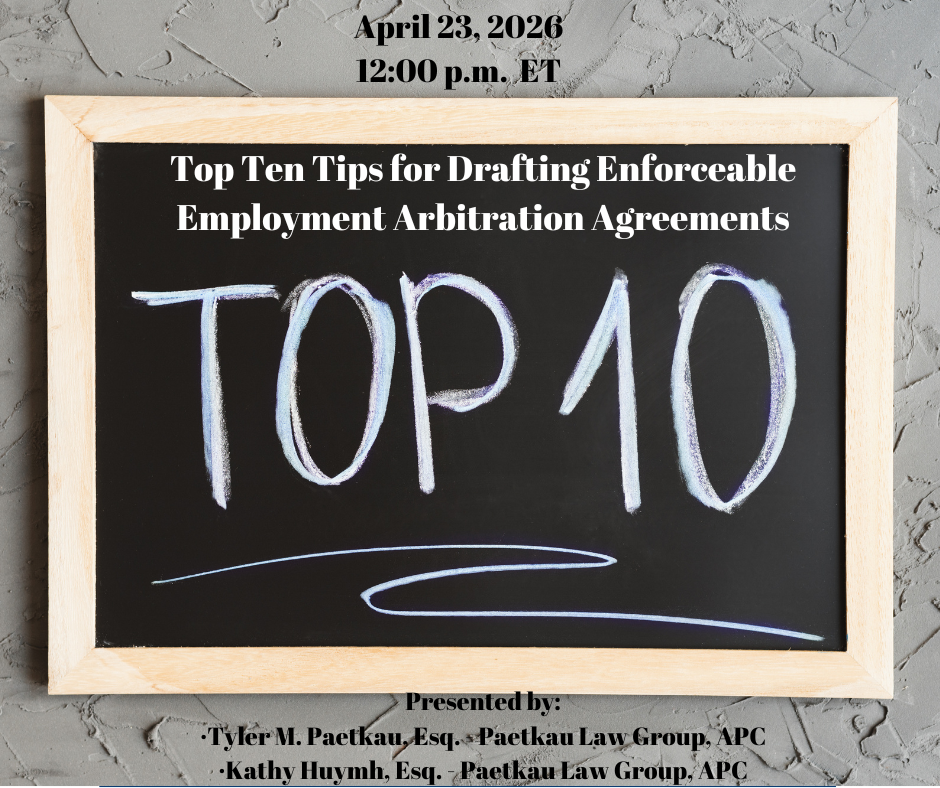
In the rapidly evolving landscape of employment law, arbitration agreements have become a cornerston...

As artificial intelligence becomes the engine of the global economy, the value of "AI-ready" data ha...
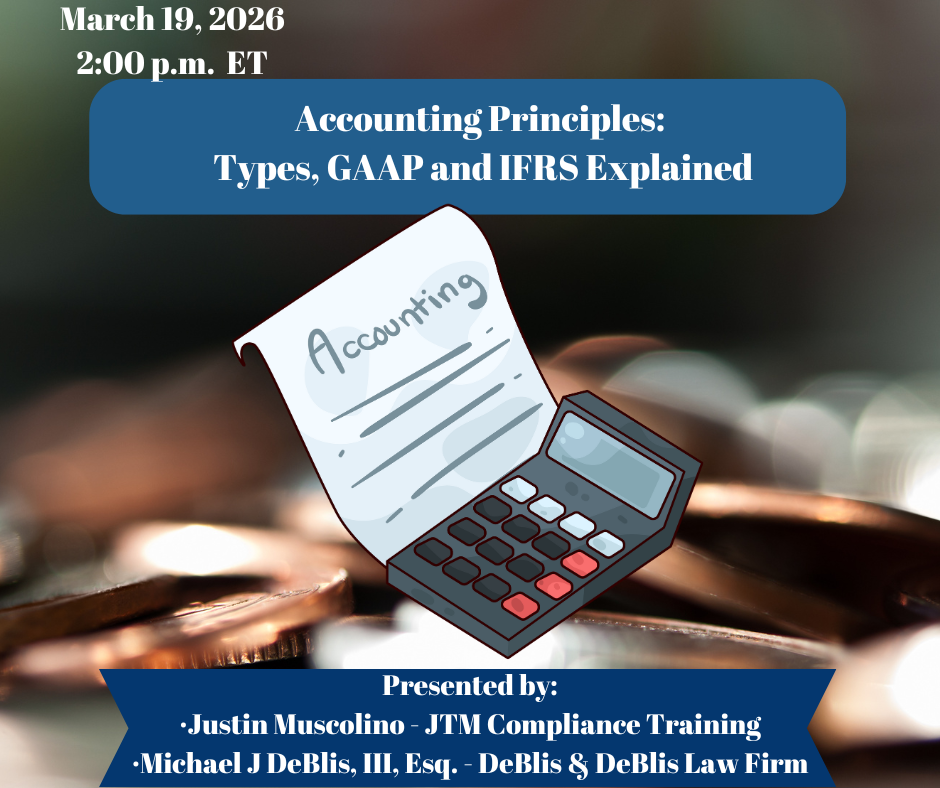
Attorneys will receive a comparative analysis of GAAP and IFRS with emphasis on cross-border legal c...
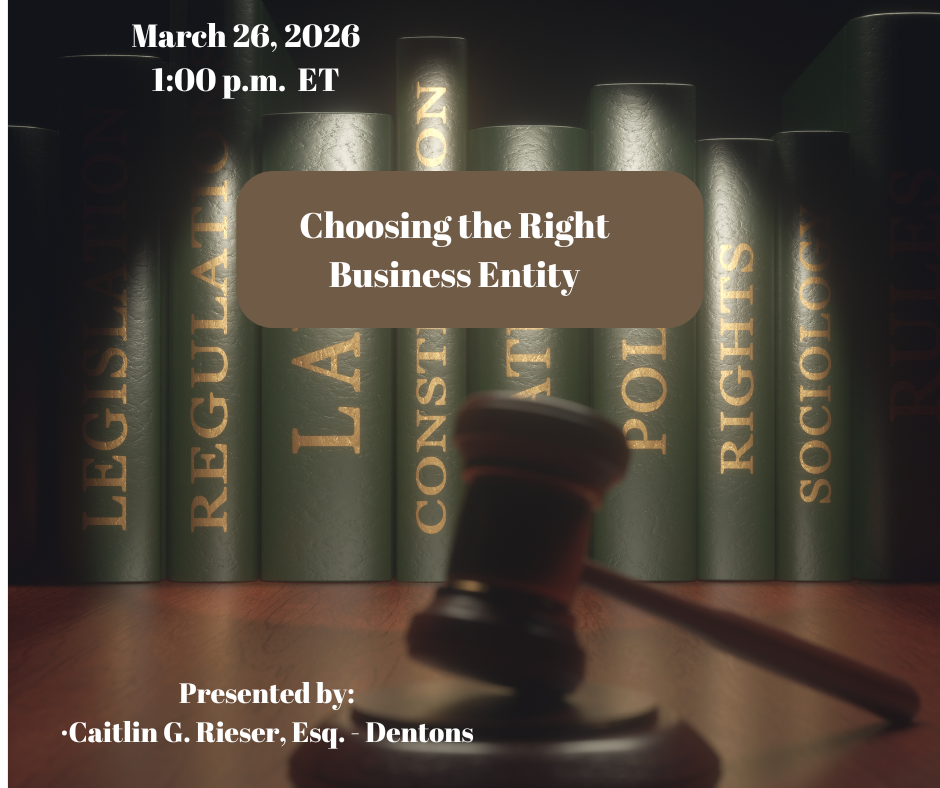
In “Choosing the Right Business Entity,” I will walk through the issues that matter most...
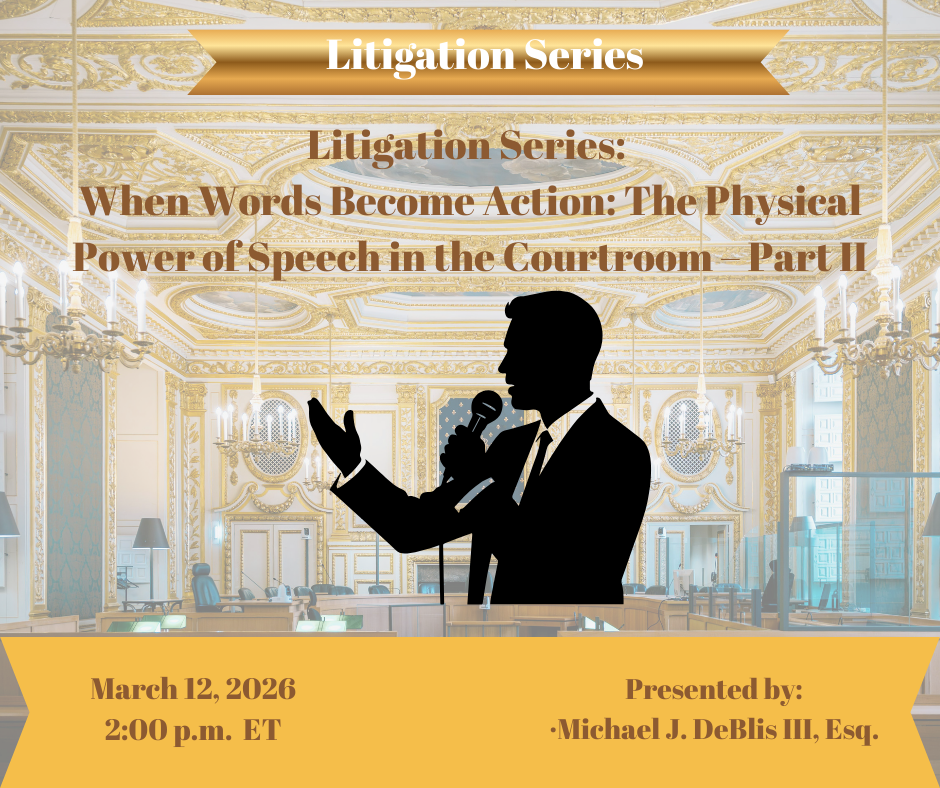
Part II builds on the foundation established in Part I by examining how classical rhetorical styles ...
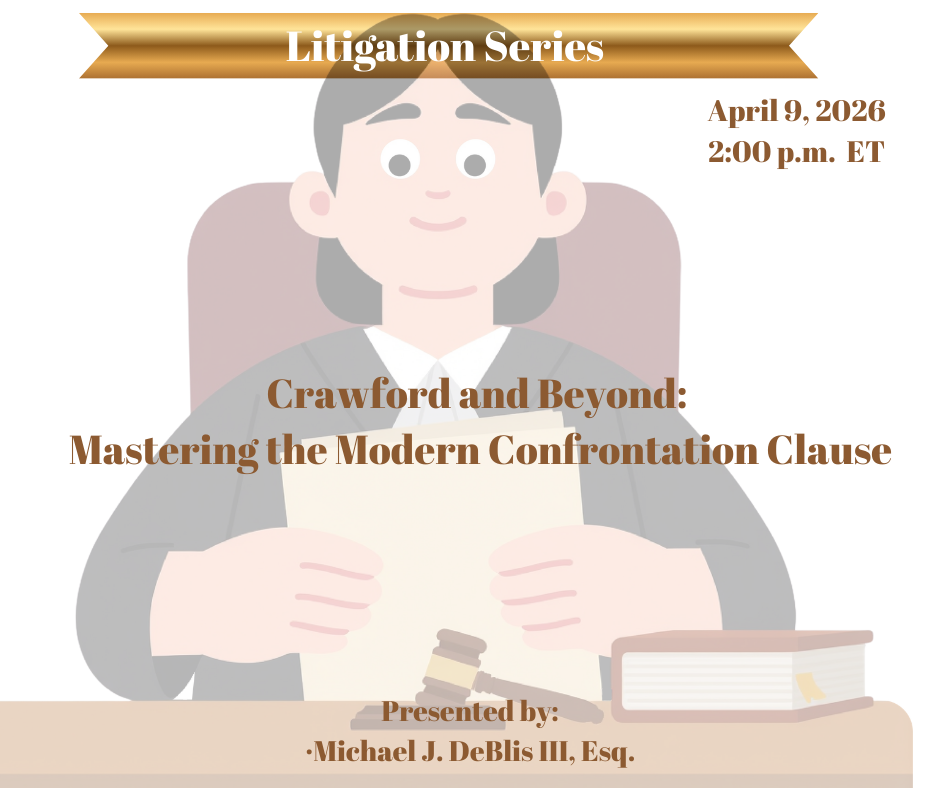
This program provides a comprehensive analysis of the Sixth Amendment Confrontation Clause as reshap...
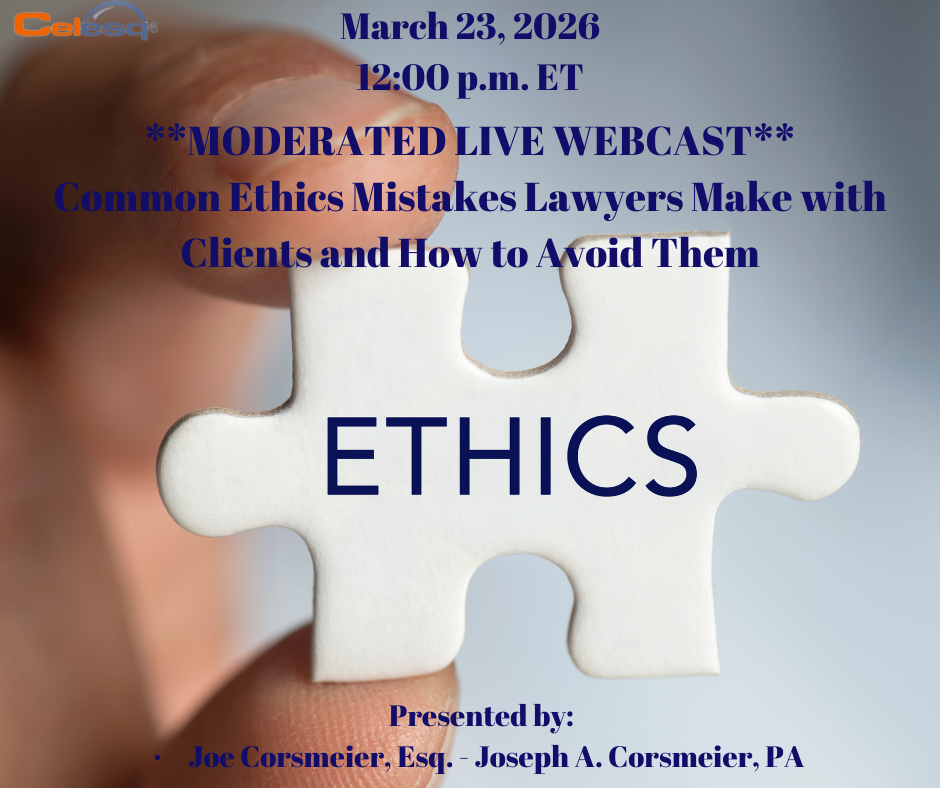
Many lawyers may not fully understand the Bar rules and ethical considerations regarding client repr...
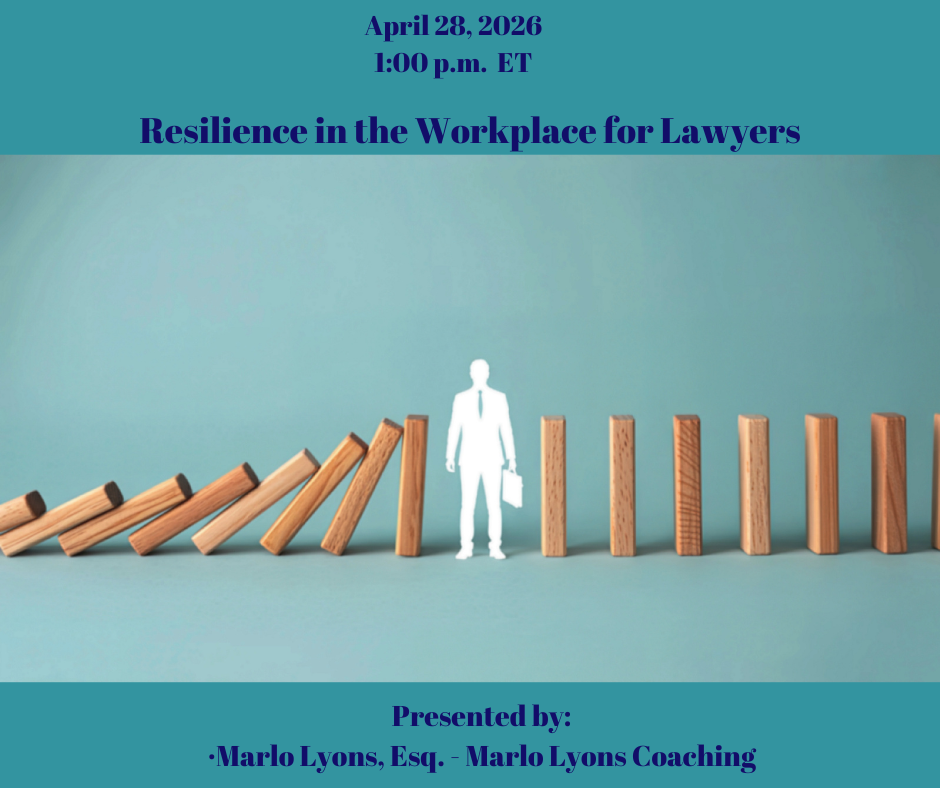
Resilience in the Workplace, delves into the critical importance of resilience in navigating the cha...